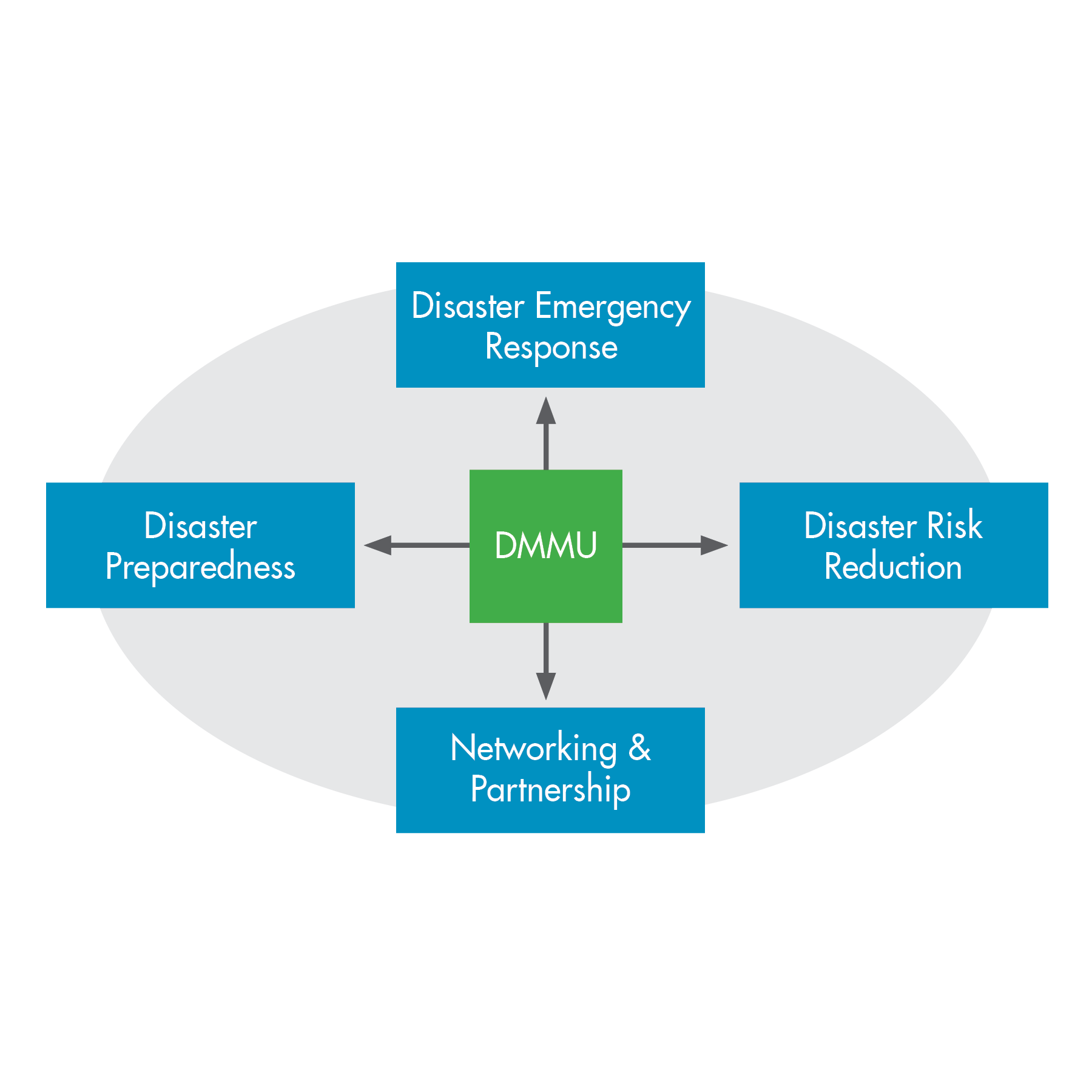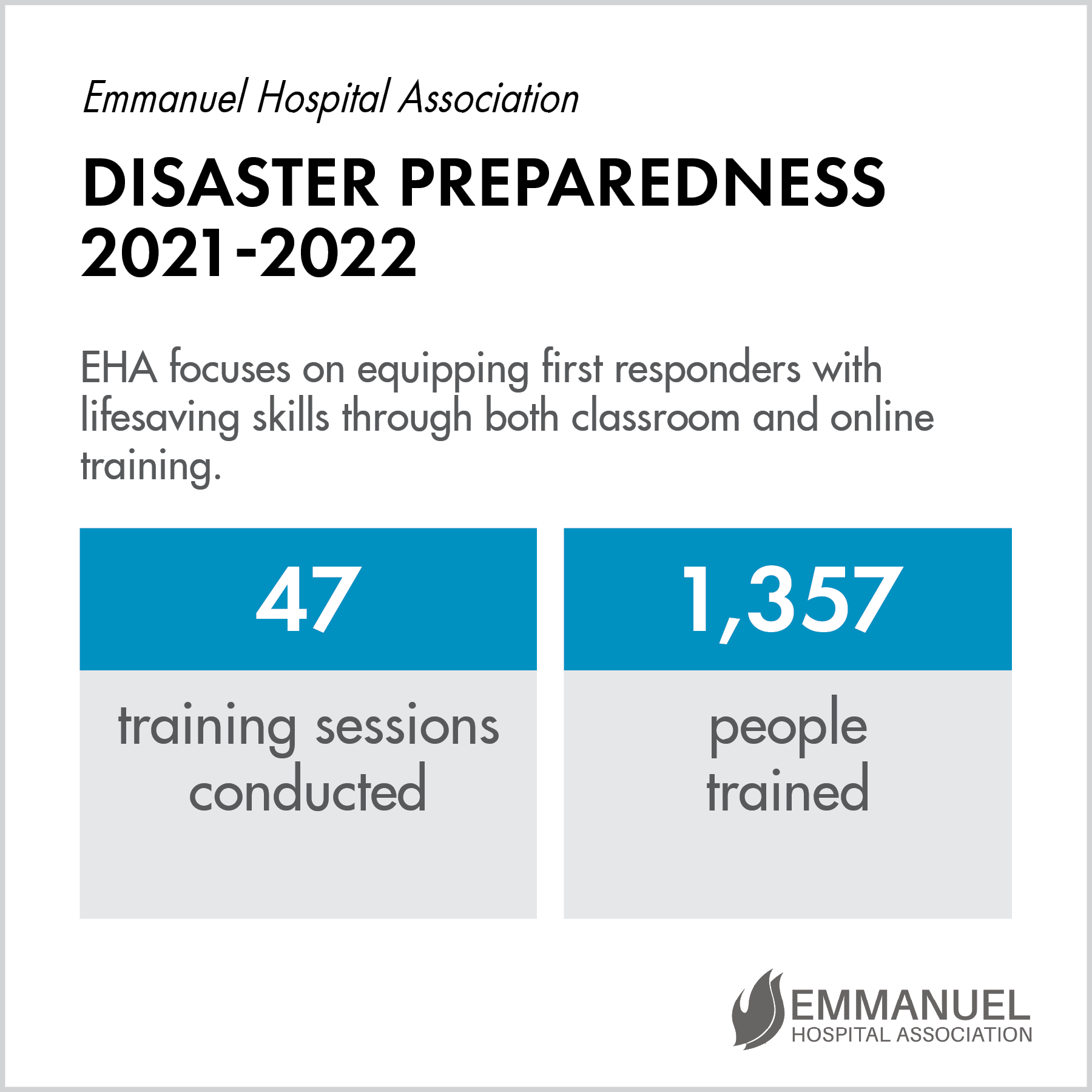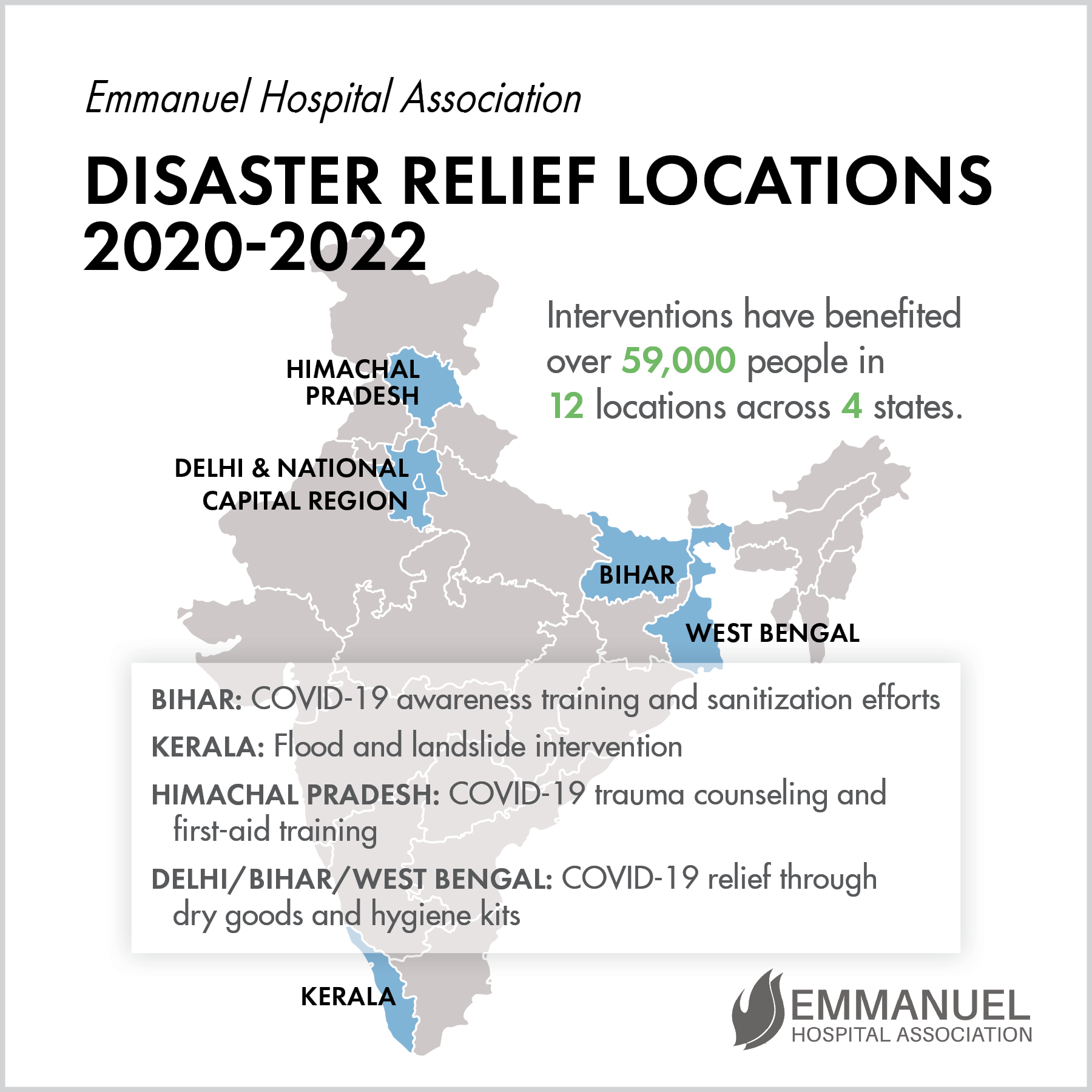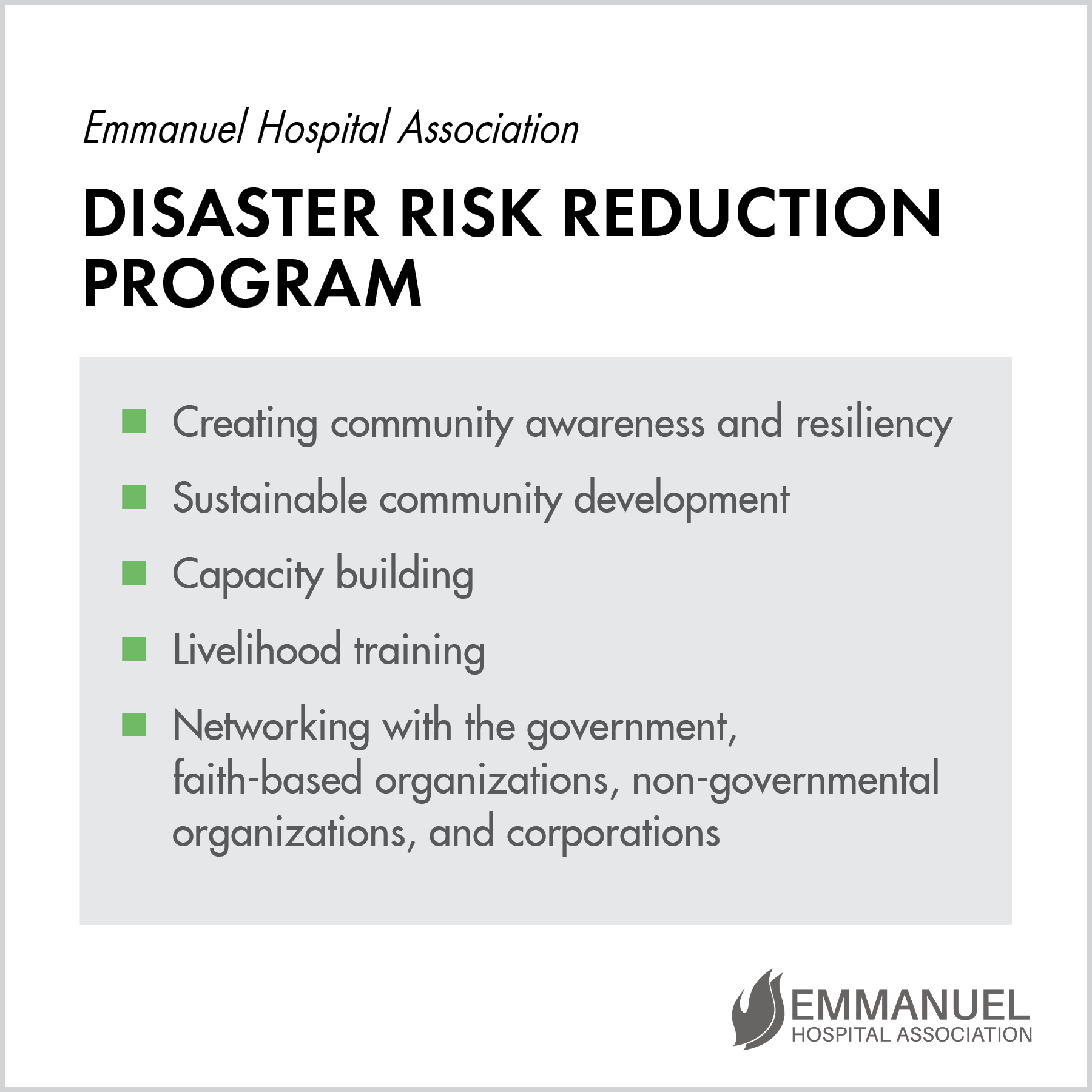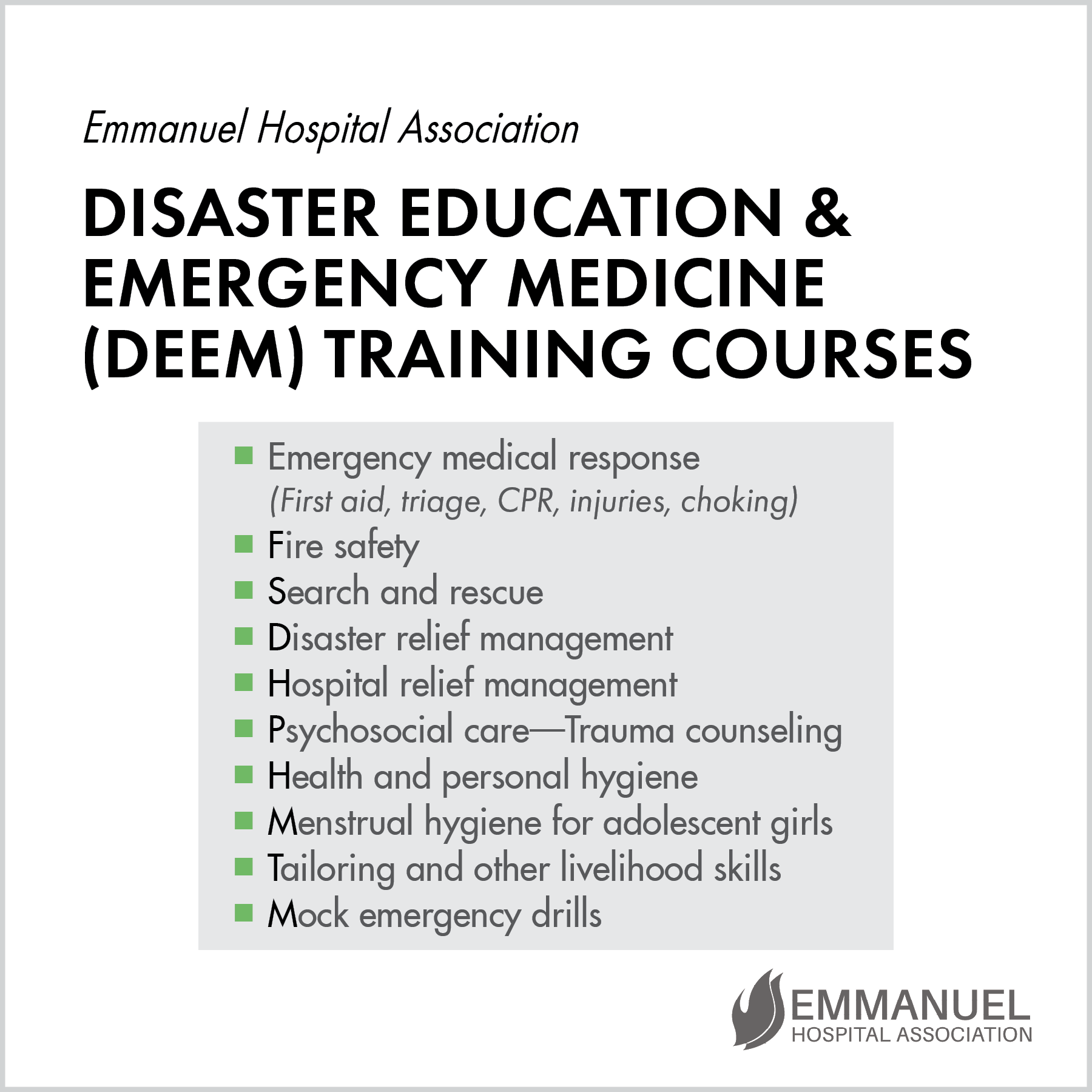Disaster Management and Mitigation
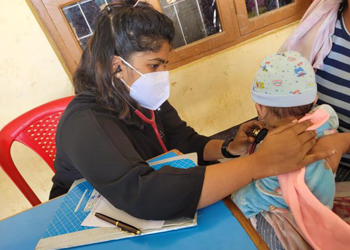
One important news story coming out of India in 2023 is the ethnic violence between two people groups in Manipur. EHA has been involved since the beginning and has a plan in place to continue providing medical and other care for at least six more months, devoting money and staff time to this enormous effort.
In May, ethnic violence erupted in Manipur in northeast India, causing a serious humanitarian crisis. Over 6,000 people were injured, hundreds killed, and 70,000 displaced from their homes.
In ensuing months, EHA’s disaster team, along with Burrows Memorial Christian Hospital staff, distributed 14,000 pounds of rice, 2,300 pounds of lentils, 3,900 pounds of potatoes, and much more. At least 11,800 people received food, and 10,500 also received health and hygiene kits. Through 20 mobile medical camps, over 2,000 people received treatment.
As of November, the situation in Manipur remains tense, and 56,000 people are still in over 360 relief camps. There is an immense need for food, clean water, medical care, medicine, shelter, sanitation, and psychosocial care.
EHA has a six-month plan to work with the government and other agencies to provide medical care and psychosocial support in several larger camps. They are sending teams of doctors for two-week stints to provide healthcare, watch for the spread of disease, train community health workers, and counsel those who have lost loved ones, homes, and livelihoods.
This long-term commitment demonstrates EHA’s priority to care for those most in need.
If you feel led to donate to help in this crisis, please click the green button on the top right of this page.

Emergency Response Team Aids 11,800 Victims
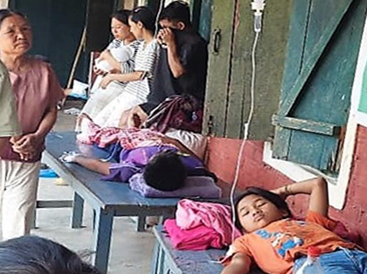
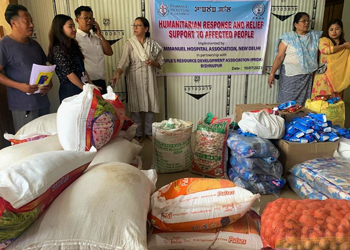
Ethnic violence in the Indian state of Manipur continues, and approximately 70,000 people are still taking shelter in 253 camps. EHA’s Emergency Response Team has been on site, providing medical care, shelter, food, and hygiene kits.
Since the strife began, over 2,000 people have received treatment and medicines at EHA’s 20-plus medical camps. The Disaster Team is also training local leaders in relief management and teaching local nurses how to perform health surveillance.
In addition, the Disaster Team has distributed 14,000 pounds of rice, 2,300 pounds of lentils, 3,900 pounds of potatoes, and much more. At least 11,800 people have benefited from this food, and 10,500 have also received health and hygiene kits. EHA hopes to help an additional 6,000 people in the coming month, which will cost $146,000.
If you feel led to donate to help in this crisis, please click the green button on the top right of this page.
EHA Disaster Relief Aids Manipur Victims
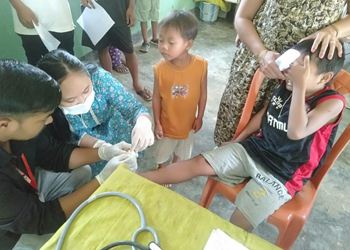
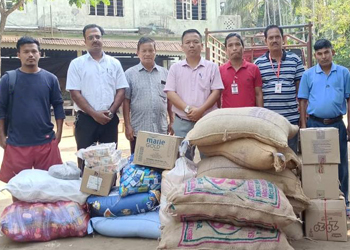
Recent ethnic unrest and violence in the Indian state of Manipur has affected thousands of people. Many lives were lost, hundreds were injured, and thousands are homeless and taking shelter in camps or cities. EHA’s Disaster Team has swiftly stepped in to help with immediate needs like food, shelter, and medical care.
Over 1,000 people have received treatment and medicines at EHA’s medical camps. The Disaster Team is also training local leaders in relief management and teaching local nurses how to perform health surveillance. In addition, EHA donated $3,300 worth of medicine and medical equipment to the local Sielmat Christian Hospital to help care for injured people.
So far, the Disaster Team has also distributed 13,000 pounds of rice, 3,400 pounds of lentils, 5,700 pounds of potatoes, and much more. At least 3,400 people have benefited from this food, and 2,000 have also received health and hygiene kits. EHA hopes to help 10,000 people in the coming months, which will cost $150,000.
If you feel led to donate to help in this crisis, please click the green button on the top right of this page.
When Disaster Strikes
Life Possessions Ruined in a Flood
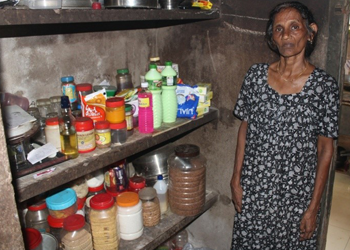
Molly lives with her granddaughter in the Alappuzha District of Kerala. Recently, one of her neighbors came running to warn her that there was a red alert for heaving flooding in their area. She was told to move quickly to the relief camps near the school. No one was available to help her gather her household goods to keep them safe. So Molly took her granddaughter and her purse with 324 rupees ($4) in it, and ran to safety as the road and her home were beginning to flood.
They stayed in the relief camp for three days. When it was safe to return home, Molly was dismayed to see that everything in her simple home was completely ruined. She had no food, beds, or clothing, and the house was covered in mud. That night Molly and her granddaughter slept on the floor with only a plastic sheet, and the floor was so cold her granddaughter ended up sick and spent two days in the hospital.
Into this dire situation, EHA brought help. Even though all of EHA’s hospitals are in the north of India, the disaster team mobilized and traveled to Kerala in the southern tip of India. There, they provided much-needed relief to families affected by the flood. The team gave Molly and her granddaughter enough dry goods to feed them for three weeks. This food was all they had, but it provided solid nutrition to help them move forward and begin rebuilding their lives.
Sewing Skills Bring Financial Stability
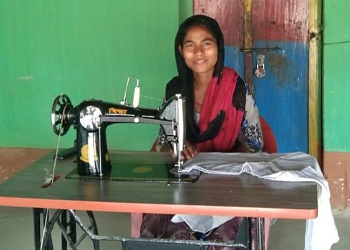
Twenty-year-old Samima lived with her mother and two siblings in the village of Kashbari in Bihar. Her father supported the family by working as a migrant laborer in the state of Kerala, 2,700 miles from home. When the pandemic hit and the lockdown began, his work dried up and he was forced to return home with no hope of income. The family went through a very difficult time, struggling to eat each day.
Samima felt helpless in this situation. She had no skills or training, and no way to help. But then she heard about EHA’s Disaster Risk Reduction team and their plans to hold tailoring classes in Kashbari for women and teenage girls. Samima jumped at the chance to learn to sew, and she soon completed their three-month basic tailoring course.
The next hurdle for Samima was to obtain a sewing machine to start her own business. The cost of 6,000 rupees ($75) was astronomical for her. So the disaster team helped her open a nationalized bank account and take out a loan.
Soon Samima was in business and the orders began coming in. Since mask wearing was still mandatory at this time, much of her work involved sewing masks. Within three months she had repaid her loan and helped her father purchase a train ticket to Kerala to return to his work.
Samima was thrilled to be able to help her family and begin saving money. Her family is very proud of her, and her work is a testament to other young women in her area. The livelihood skills training classes taught by EHA’s Disaster Risk Reduction team are making a huge difference in the lives of countless families in India.
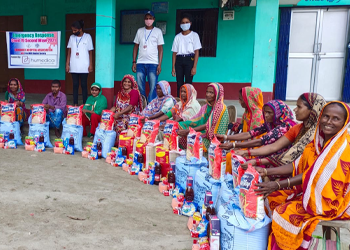
About EHA’s Disaster Management and Mitigation Unit (DMMU)
The main objective of EHA’s disaster team is to alleviate human suffering caused by disasters. They do this by providing humanitarian assistance by providing basic survival necessities such as food, safe drinking water, non-food items, health care services, shelter, and psycho-social care. All of this assistance helps disaster-affected people to overcome their difficult situations.
Recent relief interventions in 2020, 2021, and 2022 benefitted about 59,317 people living in 12 different locations across 4 states in India. Relief materials including dry food rations, hygiene and dignity kits, pulse oximeters, thermometers, PPE kits, kitchen utensils, blankets, sheets, tarpaulins, shawls, and firewood were distributed. Medical treatment along with medicine was provided as well.
